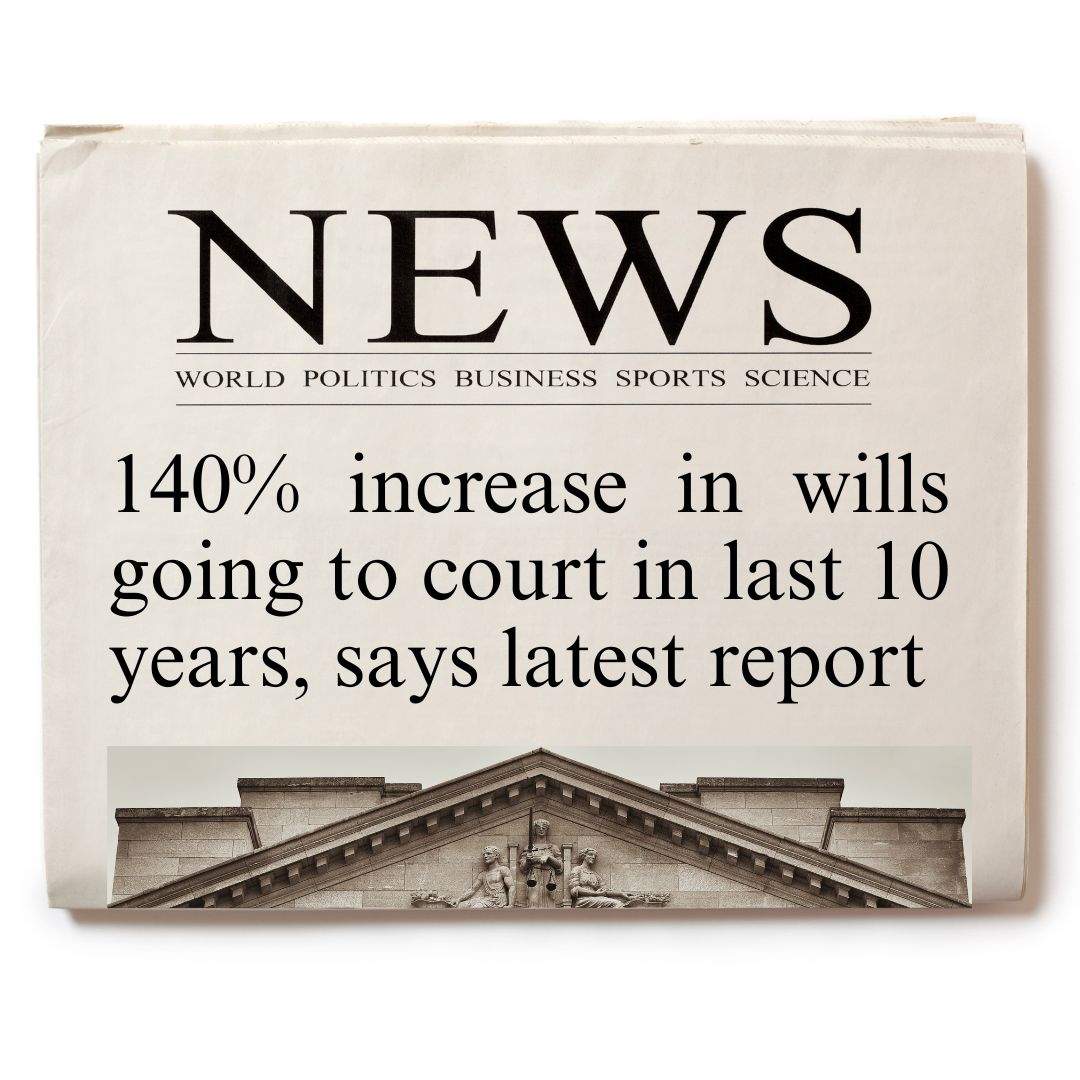What do George Michael and Fred Dibnah have in common? Contested wills

A will is a legal document that outlines how you wish your assets to be distributed after your death. It allows you to specify who you want to inherit your hard-earned money, property and belongings. A will ensures your assets are distributed according to your wishes. Ideally a will is well-written to avoid it being contested.
Without a will, your assets will follow the rules of intestacy, which might not be what you want. And if you have no family, intestacy rules dictate that your assets could go to the government or the king.
A will therefore, is a very good idea.
So why are wills contested, and why are contested wills on the increase?
Wills can be contested for a number of reasons including concerns about the testator’s capacity, undue influence, or potential fraud or forgery.
But some family members are disgruntled about what they’ve been left and cite the Inheritance (Provisions for Family and Dependents) Act 1975.
This Act allows family members and dependants to make claims against a deceased person’s estate if they believe they haven’t been adequately provided for in the will. The Act enables the court to order financial provision from the estate if it’s deemed unreasonable to leave a person without adequate support.
Who can claim under the Inheritance (Provisions for Family and Dependents) Act 1975?
Spouses, civil partners and children of the deceased can claim. So can former spouses or civil partners if they haven’t remarried or formed a new civil partnership. And anyone treated as a child of the family.
And this is what happened with the wills of both George Michael and Fred Dibnah. After their wills were contested, George’s former partner and Fred’s widow were both provided for, even though they weren’t included in the original will.
So, what can we learn from this?
Families are increasingly complex. There can be second marriages, civil partnerships, step-children, godchildren, and long-term partners. Claims can be made by people in your past (or present) that you didn’t intend to pass assets to.
A good solicitor asks insightful questions to understand your family situation as well as the extent of your assets, and can guide you through this process. They can also help you to mitigate Inheritance Tax (IHT).
The will of the late actor, Peter Ustinov, was also contested after he died. It was said that he left tens of millions of pounds, but after extensive legal wranglings that lasted nearly 10 years, it was believed that the estate was worth so little, it was “not worth fighting over”.
Paying a relatively small amount to create a well-considered will not only ensures efficient tax planning but could save your estate (and intended beneficiaries) the costs arising from legal proceedings brought by claimants.
For more information about Wills, Trusts and Probate, please contact Jenny Barron on 01756 692866 or email jenny.barron@awbclaw.co.uk.
4 June 2025
Further reading:
Contested wills going to court, up 140% in last 10 years


